In Person Workshops
-
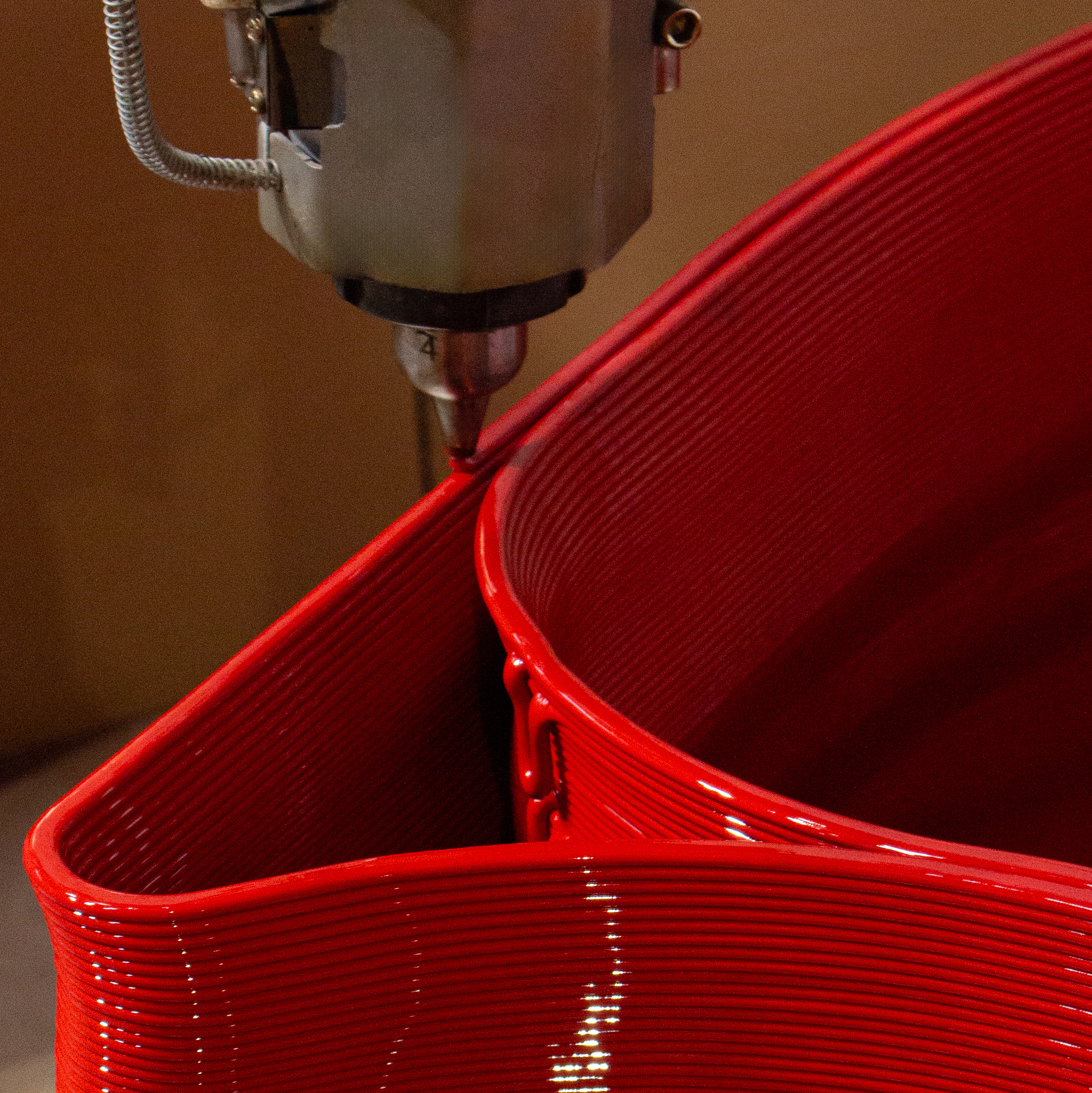 Print-Scan-Adapt Workshop
Print-Scan-Adapt Workshop
-
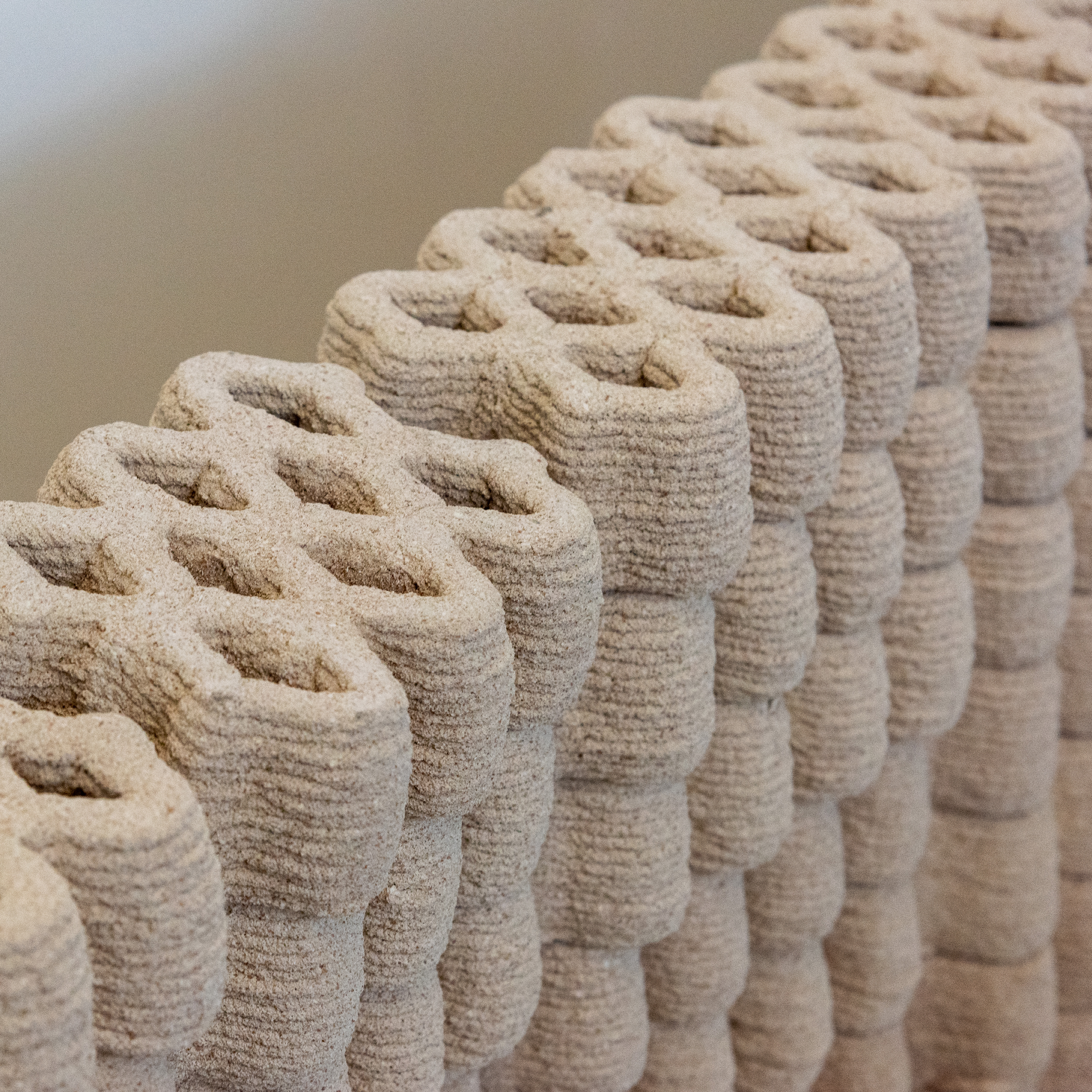 Circular Brick Workshop
Circular Brick Workshop
-
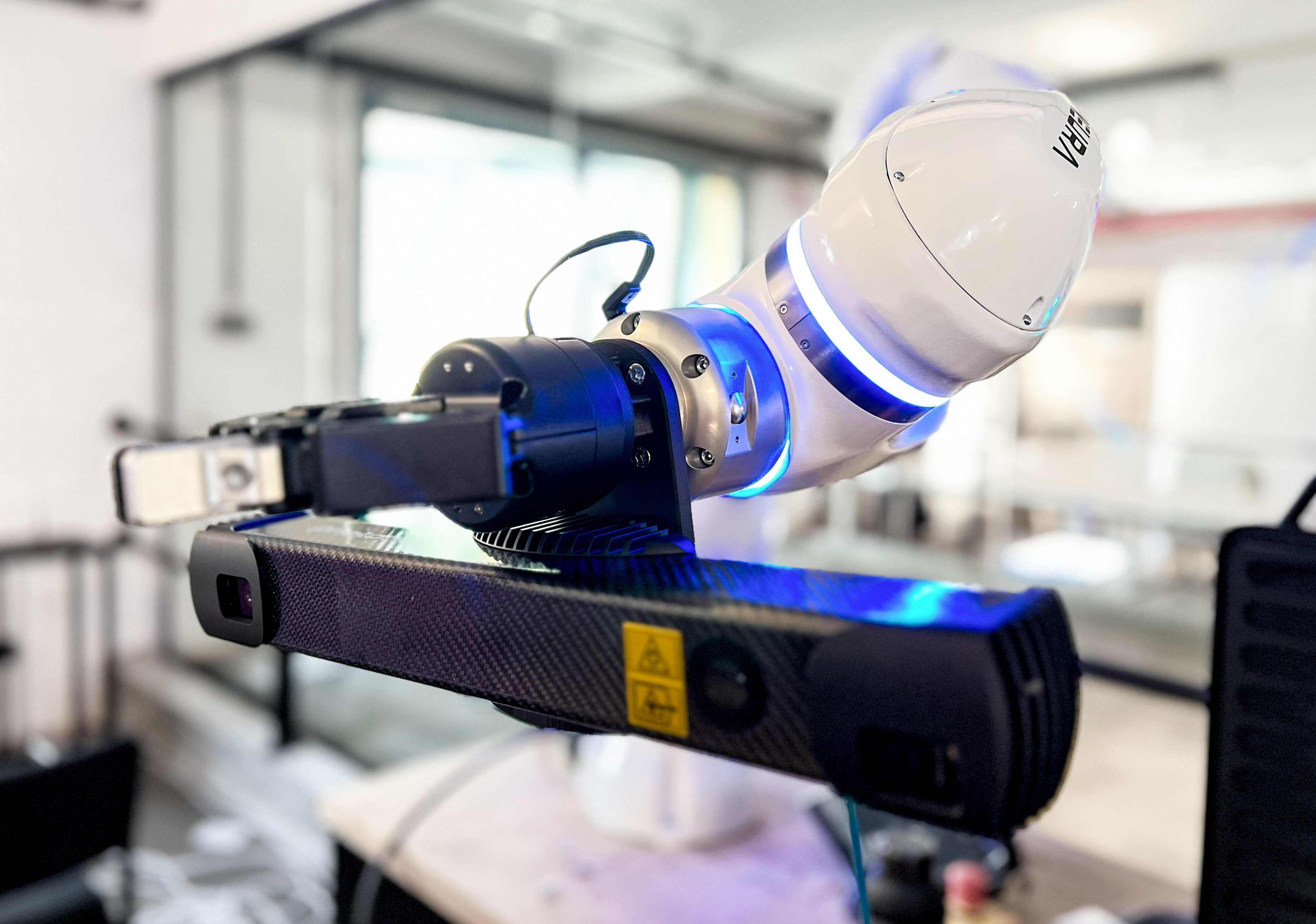 Cognitive Robotic Fabrication Workshop
Cognitive Robotic Fabrication Workshop
-
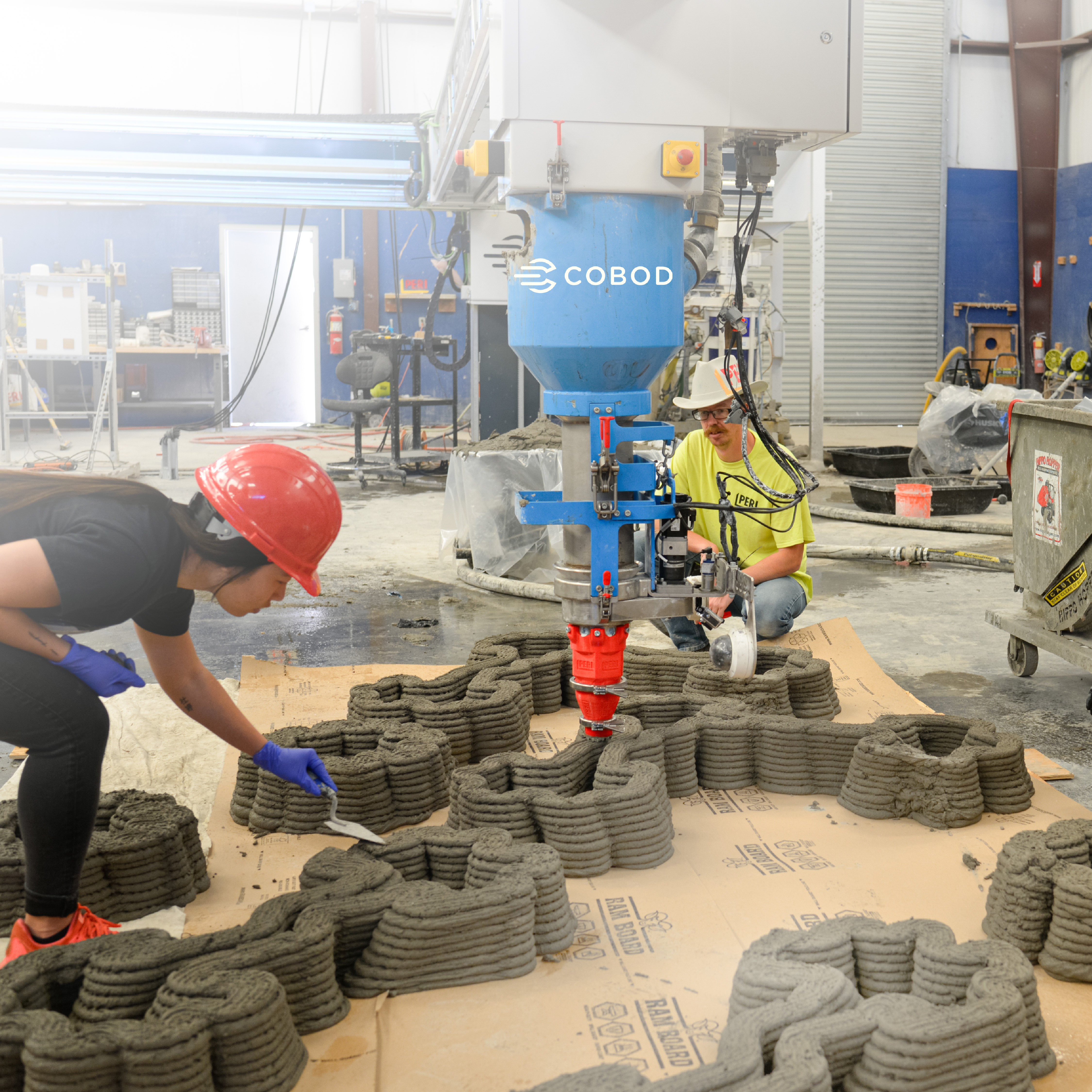 BOD2 BE WILD Workshop
BOD2 BE WILD Workshop
-
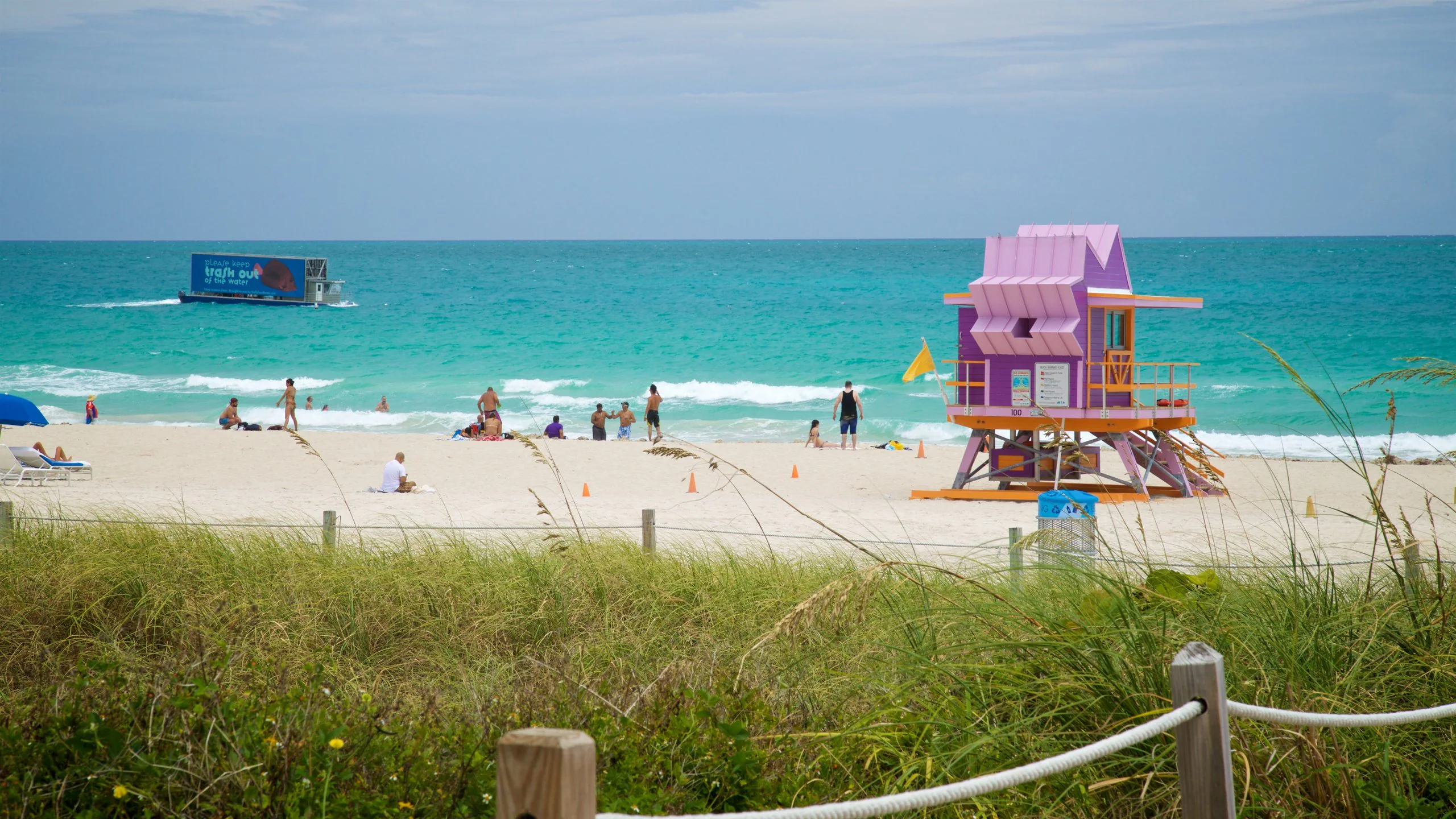 Robotic Sand Drawings Workshop
Robotic Sand Drawings Workshop
-
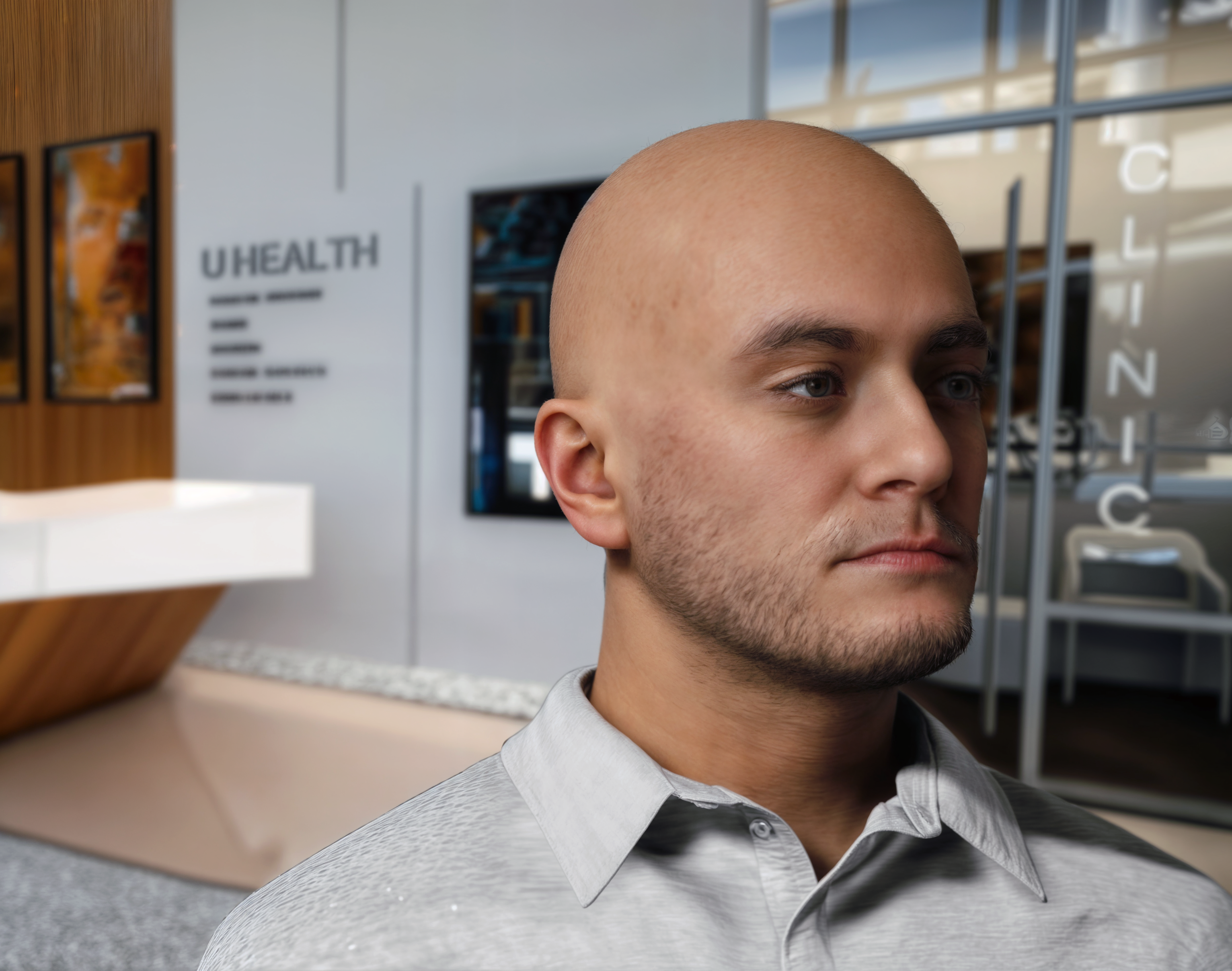 MetaHuman Creator Workshop
MetaHuman Creator Workshop
-
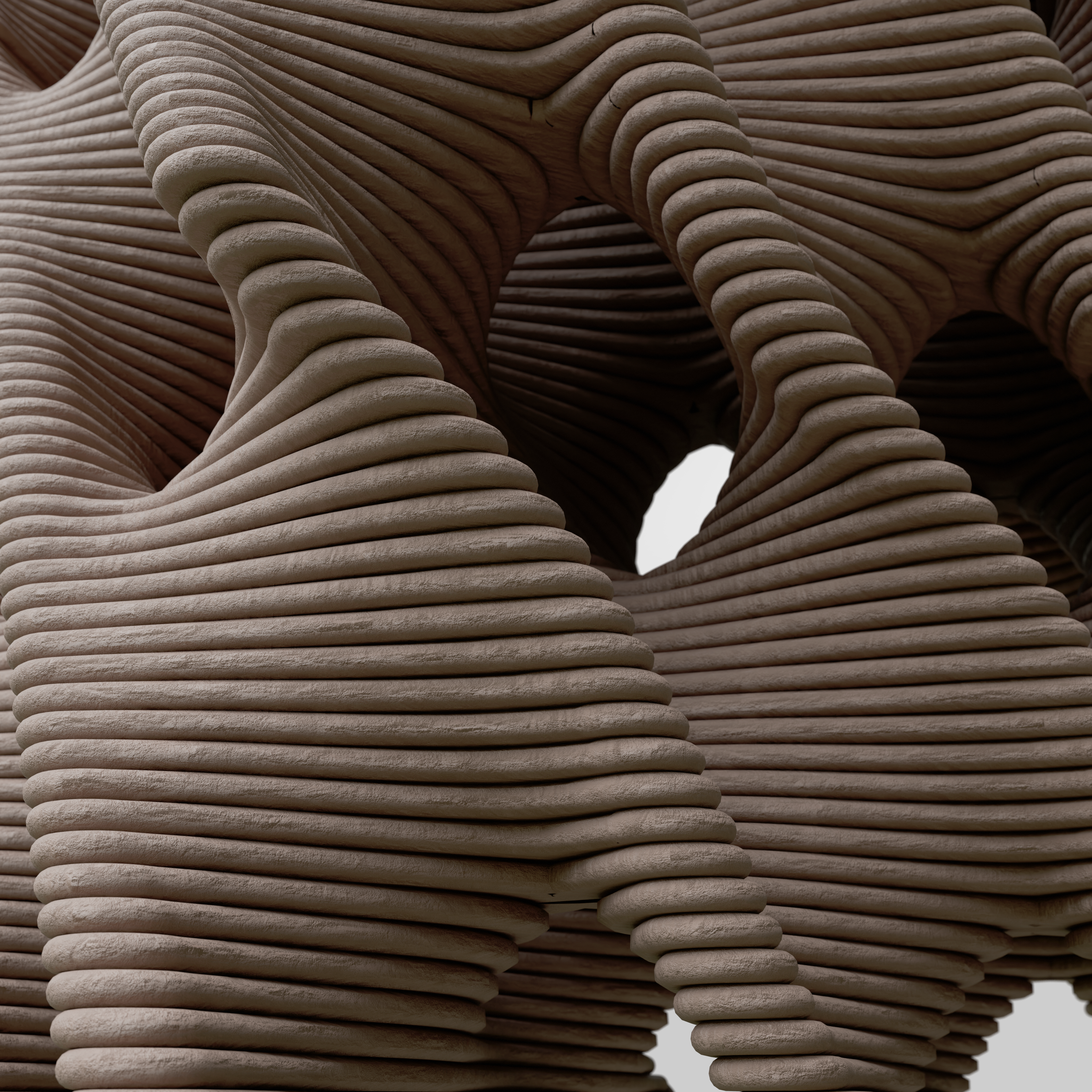 Forces in Clay Workshop
Forces in Clay Workshop
Online Workshops
-
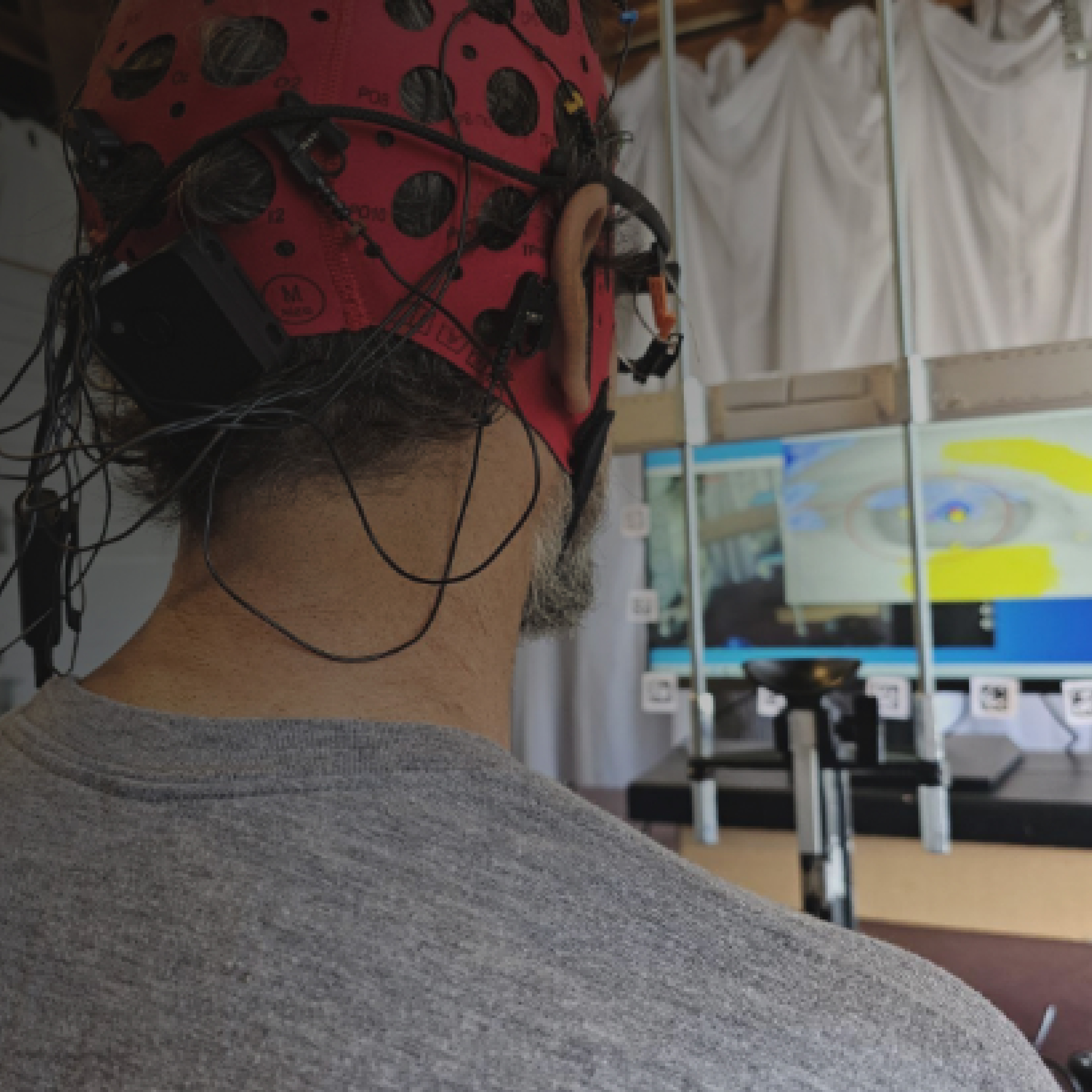 Neuroscience for Architecture Workshop
Neuroscience for Architecture Workshop
-
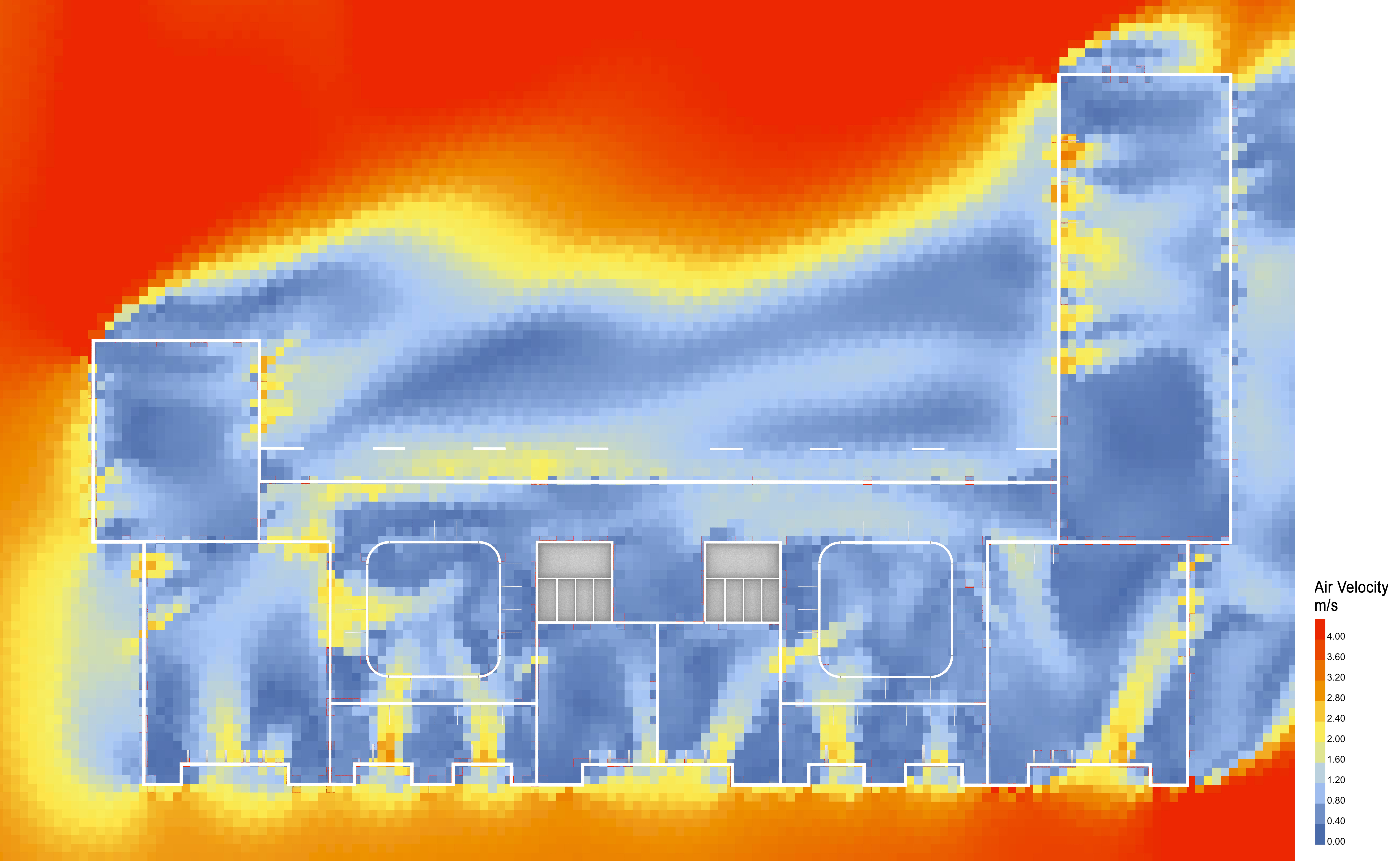 Climatic Intelligence Workshop
Climatic Intelligence Workshop
-
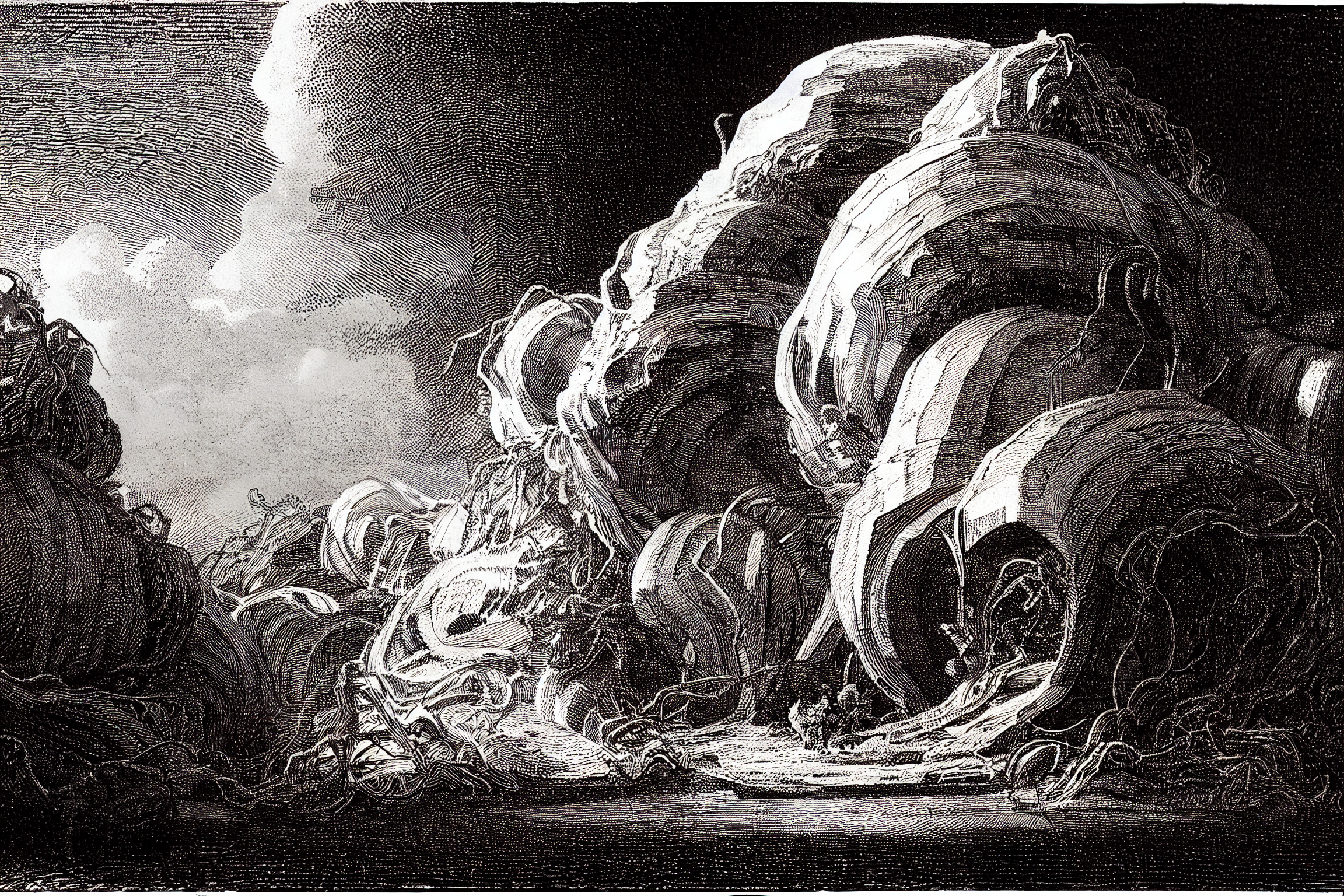 AI as Cultural Technique Workshop
AI as Cultural Technique Workshop
-
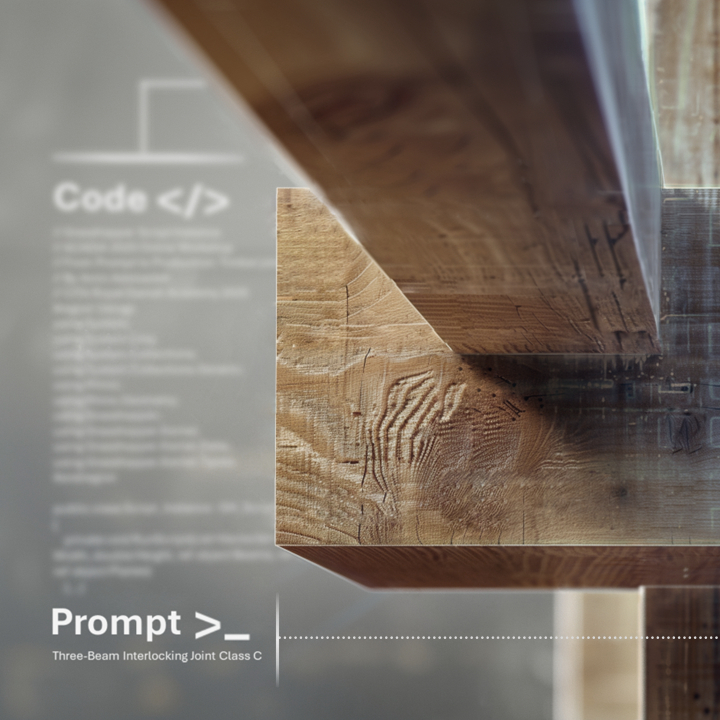 Timber Joinery AI Workshop
Timber Joinery AI Workshop
-
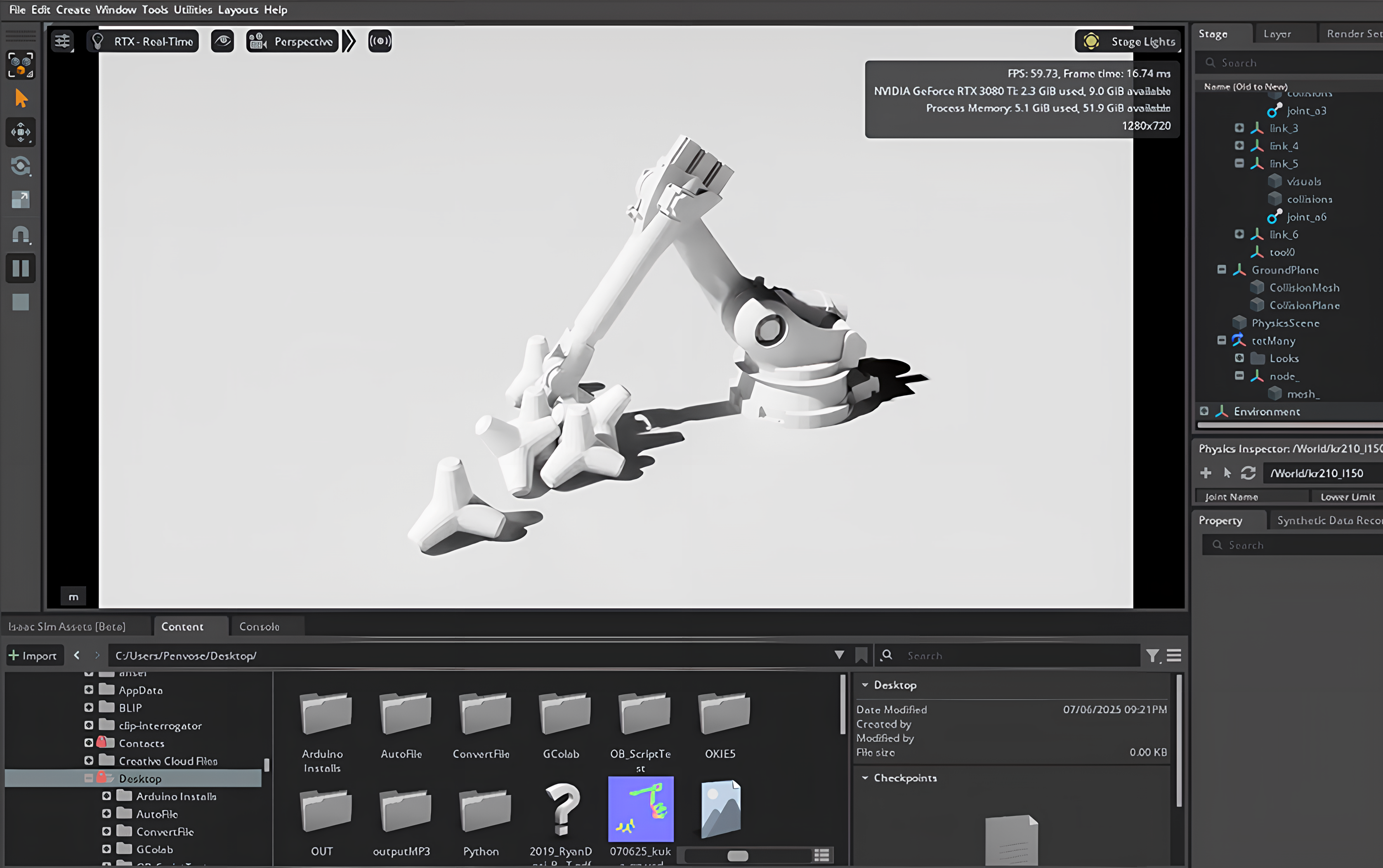 Adaptive Assembly Workshop
Adaptive Assembly Workshop
